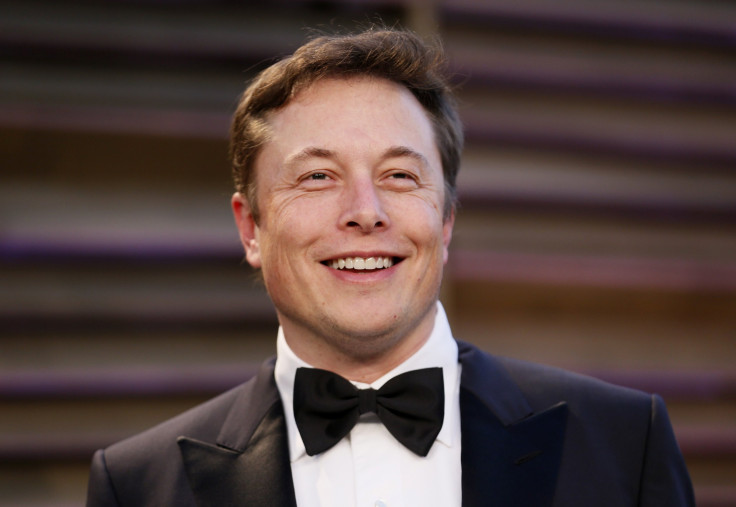SpaceX Files Lawsuit Over U.S. Air Force Spy Satellite Launch Contract; Elon Musk Says Deal Costs Taxpayers Billions

SpaceX has announced a legal complaint over the U.S. Air Force’s latest spy satellite launch contract with United Launch Alliance (ULA), a joint venture of Boeing and Lockheed Martin. According to SpaceX, the contract for national security launches should be open to competition and the company has launched its Freedom to Launch website, which goes live on Monday.
Elon Musk, SpaceX CEO and founder, announced plans to file suit against the U.S. government at a press conference at the National Press Club on Friday. SpaceX currently has a $1.6 billion Commercial Resupply Services contract with NASA, and is part of the space agency’s Commercial Crew Program that seeks to develop new spacecraft and launch vehicles with the goal of having launches on American soil by 2017.
Unlike NASA’s open bid for contracts, with companies submitting proposals, the U.S. Air Force’s Evolved Expendable Launch Vehicle (EELV) contract is not open to competition. The contract includes launches for the Department of Defense and the National Reconnaissance Office. As reported by SpaceNews, the U.S. Air Force planned on awarding 36 EELV launches to ULA, as part of a "block buy," with an additional 14 launches to be awarded via competition, with bidding to begin in 2015 and the first launches slated for 2017. In March, the U.S. Air Force set the number of contracts to be awarded to seven.
According to the SpaceX statement, the EELV is the “fourth-largest procurement program in the entire Department of Defense budget” with each launch costing approximately $400 million. A competition for the EELV contract would reduce the cost of future launches, argues SpaceX, which estimates the cost of their launches at around $100 million.
Another factor to consider is the reliance on engines manufactured in Russia. The ULA’s Atlas V rocket, for example, uses the RD-180 engine made by NPO Energomash, which is largely owned by the Russian government.
Bloomberg reports that Defense Secretary Chuck Hagel wants a review of the use of the RD-180 engine in the wake of the conflict in Ukraine and recent sanctions against Russia. Pentagon spokeswoman Maureen Schumann said in a statement to Bloomberg, “In light of the current situation, we have directed the Air Force perform an additional review to ensure we completely understand the implications, including supply interruptions, of using foreign components.”
Musk said in a statement, “In light of international events, this seems like the wrong time to send hundreds of millions of dollars to the Kremlin.”
U.S. Senator John McCain (R-Ariz.) is among those who are questioning the decision to cut the number of EELV launches open to competition. In a press release on Friday, Sen. McCain states the EELV program costs $70 billion and cites increased cost and delays as two reasons why competition is necessary.
In a letter to Department of Defense Inspector General Jon T. Rymer, McCain says, "By some estimates, competition in EELV could save taxpayers up to $1 billion annually and help ensure that this program can be counted on for delivering needed military space capability at the most reasonable cost. With that in mind, the Air Force’s apparent deviation from the Office of the Secretary of Defense’s direction that competition in this program be “aggressively” pursued and from internal DOD policies and instructions on competition is profoundly troubling. Compounding my concerns are the specious justifications that the Air Force has cited to date for its proposal to cut competitive EELV launches in half."
Musk said in the press conference, "The national security launches should be put up for competition and they should not be awarded on a sole source basis. It just seems odd that, if our vehicle is good enough for NASA and supporting a $100 billion space station and good enough for launching NASA science satellites, for launching complex commercial geostationary satellites and really every satellite you can imagine, there's no reason, or basis, for it not being capable of launching something quite simple like a GPS satellite." Musk said he wants the EELV contracts to be open to competition, and "if SpaceX competes and loses, that's fine."
The full SpaceX press conference in which Elon Musk discusses the Falcon 9's "soft landing," as well as the company's lawsuit, can be viewed below. SpaceX's official complaint will be available on Monday via the Freedom to Launch site.
© Copyright IBTimes 2024. All rights reserved.






















